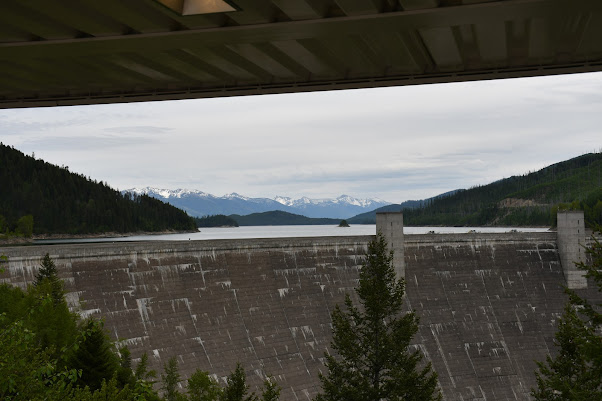So, What Should We Do?

Pictures of wildfire damage at Glacier National Park in Montana 2016 What type of activities will help in reducing the effects of ecological overshoot? I'm often asked this question when I point out that solar panels, wind turbines, nuclear energy, hydroelectric dams, EVs, and all other technological devices will not help climate change, pollution loading, or any other predicament under the parent predicament of ecological overshoot: "Well, what are your solutions?" Sadly, this question assumes that I am pointing out a PROBLEM, not a predicament. Predicaments don't have solutions. So, I don't have a solution (and nobody else does either, despite claims to the contrary - more on that in a couple of paragraphs). But I can tell them what WON'T help. Buying more stuff, REGARDLESS of what it is, WILL NOT HELP. Because ecological overshoot is a predicament with an outcome and not a problem with a solution , people need to adjust their expectations accordingly....




